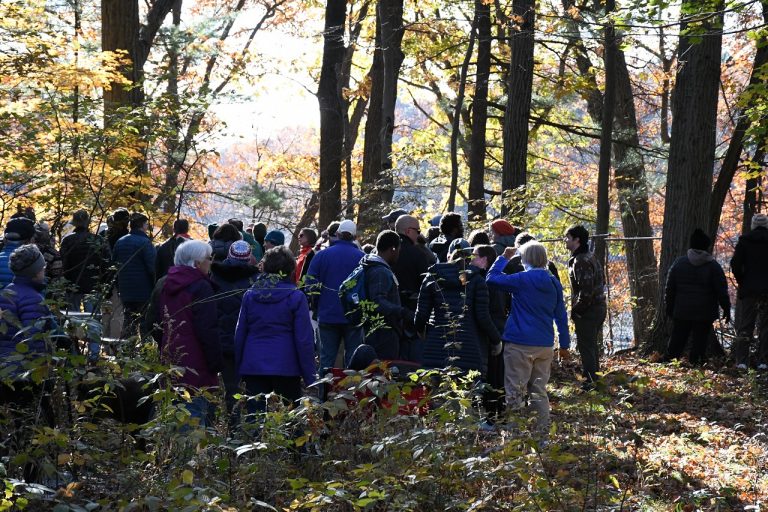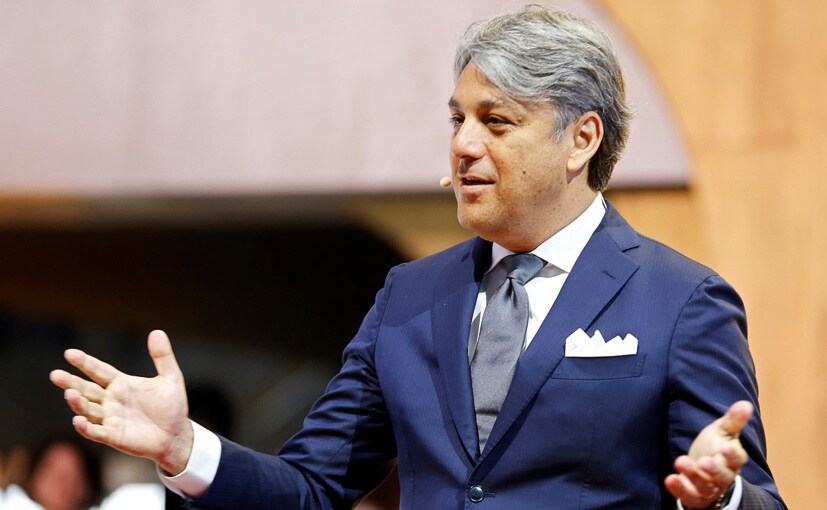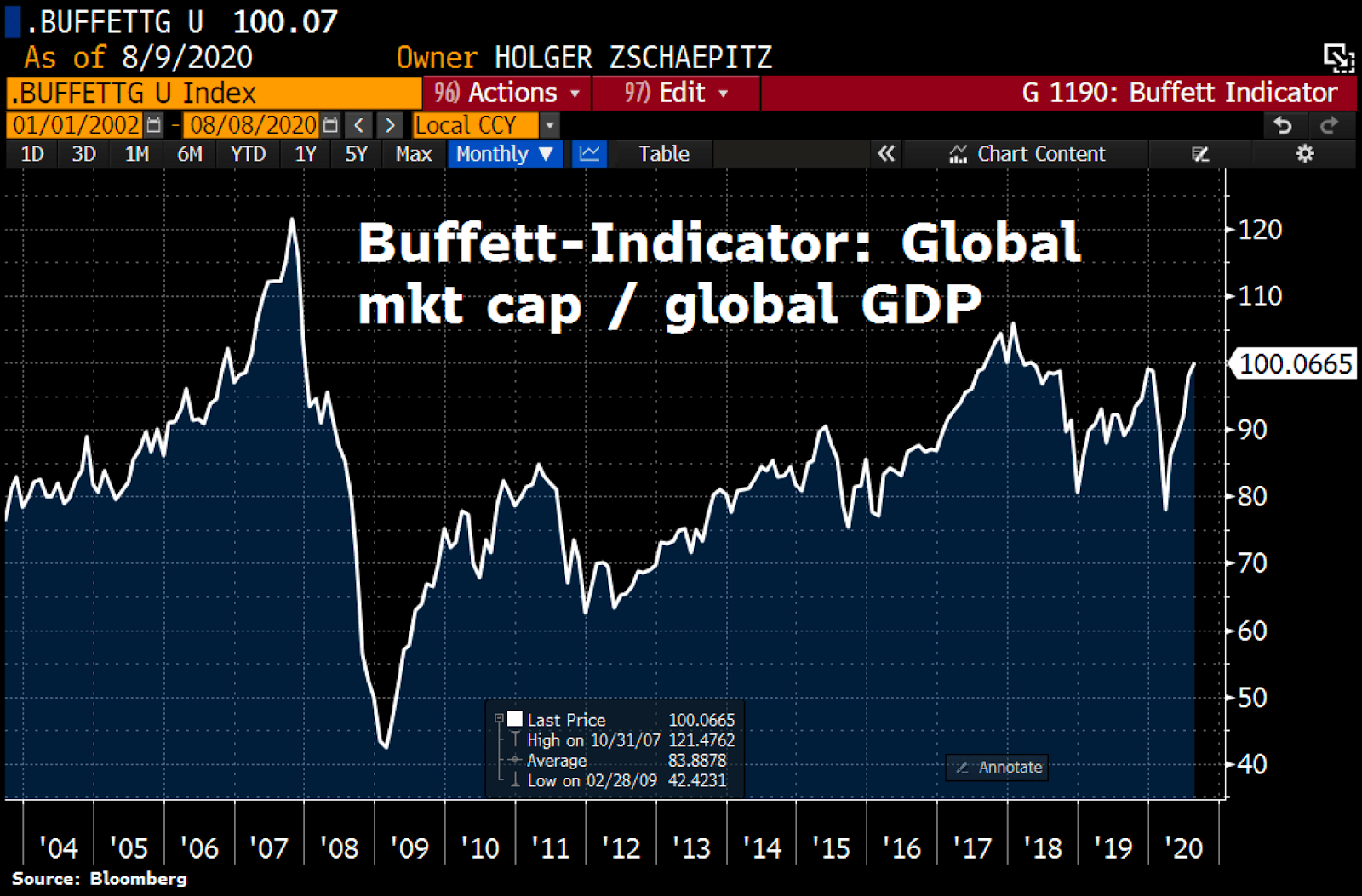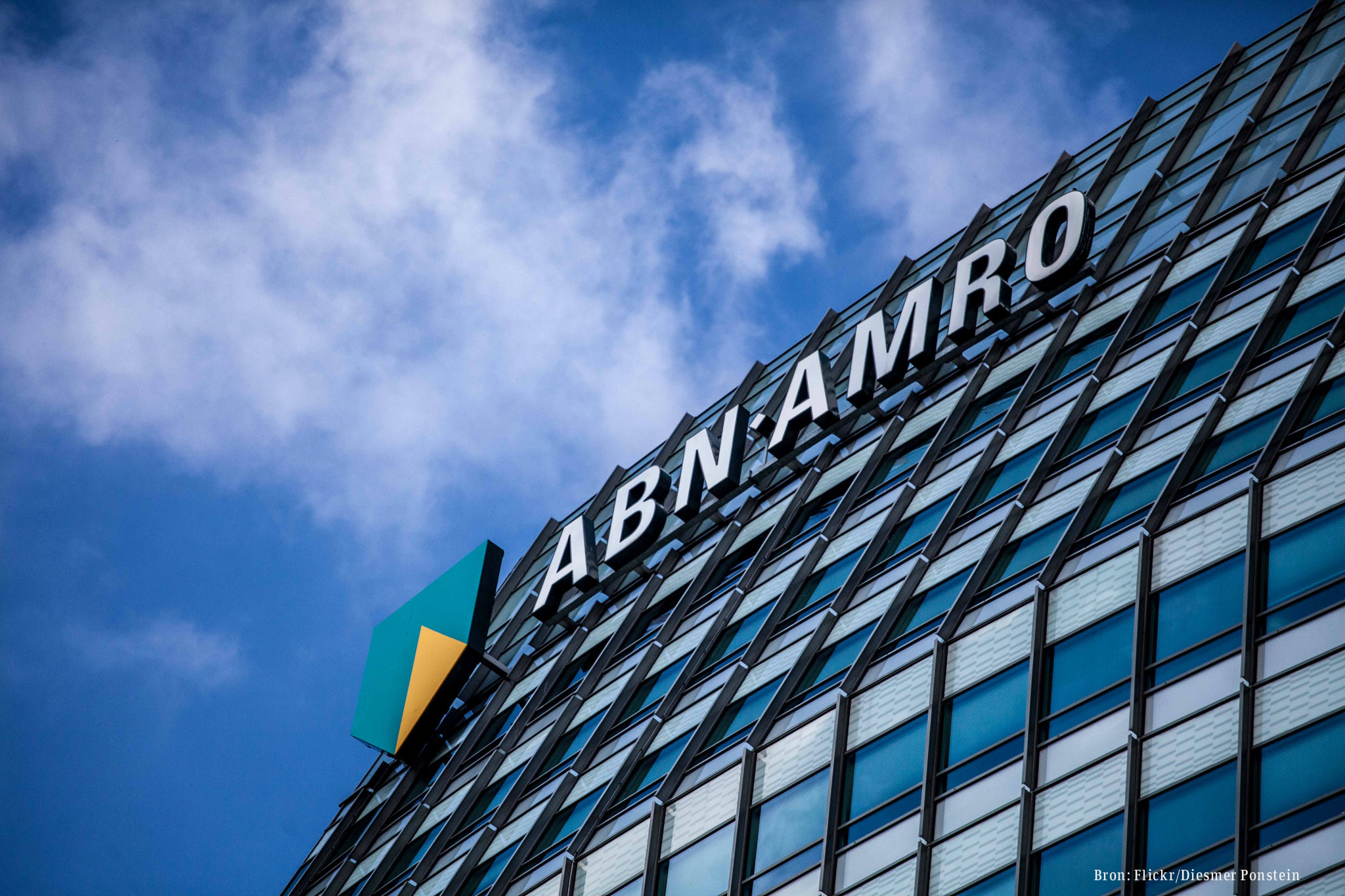Defining The Sound Perimeter: Music's Influence On Social Cohesion

Table of Contents
Music transcends language barriers and cultural differences, acting as a powerful force in shaping social cohesion. This article explores the multifaceted ways music contributes to building community, fostering shared identity, and promoting social harmony. We will examine how collective musical experiences create bonds and strengthen social structures within diverse populations. From the roar of a stadium concert to the quiet hum of a community choir, music's influence on our social fabric is undeniable.
Music as a Catalyst for Social Bonding
Shared Emotional Experiences
Music evokes powerful emotions, creating shared experiences that foster a sense of unity and belonging. The collective sigh of a captivated audience during a moving ballad, the joyous singalong at a folk festival, or the spiritual upliftment of a gospel choir – these are all examples of how music unites individuals through shared emotional responses.
- Live concerts: The shared energy and excitement of a live performance create a powerful sense of community.
- Religious services: Music plays a central role in many religious traditions, fostering a sense of shared spirituality and belonging.
- Communal singing: Activities like karaoke or community choirs encourage participation and build connections through shared vocal expression.
- Emotional resonance: Music's ability to tap into universal human emotions like joy, sorrow, and hope creates empathy and connection.
- Empathy: Studies show that listening to music can activate mirror neurons in the brain, increasing our capacity for empathy and understanding others' feelings.
The power of shared emotional experiences through music is amplified by the phenomenon of emotional contagion. When we witness others experiencing strong emotions, we tend to mirror those emotions ourselves, strengthening the bond between individuals. This process is significantly enhanced by the collective experience of listening to music together.
Ritual and Tradition
Music is integral to many cultural rituals and traditions, reinforcing social structures and transmitting cultural heritage. From traditional folk music passed down through generations to ceremonial music marking significant life events, music acts as a vital link to the past and a foundation for the future.
- Traditional folk music: Folk songs often tell stories of a community's history, values, and beliefs, strengthening group identity.
- Ceremonies and celebrations: Music provides a soundtrack for life's milestones, creating shared memories and strengthening family and community ties. Weddings, funerals, and religious festivals often feature unique musical traditions.
- Generational transmission of musical knowledge: Learning traditional music from elders passes on not only musical skills but also cultural values and social norms.
- Cultural preservation: Music plays a critical role in preserving cultural identity and traditions, fostering a sense of continuity and belonging.
For instance, the intricate musical traditions of indigenous cultures often reflect their social structures and belief systems, maintaining social cohesion across generations. The preservation of these traditions is crucial for maintaining cultural identity and promoting social harmony within these communities.
Music and the Creation of Shared Identity
Music Genres and Subcultures
Shared musical tastes often form the basis of social groups and subcultures, creating a sense of belonging. From dedicated fan communities rallying around their favorite bands to online forums uniting music lovers across geographical boundaries, music fosters connections based on shared preferences.
- Fan communities: Fans of specific bands or genres often form strong bonds, attending concerts together, sharing merchandise, and participating in online fan communities.
- Online music communities: Social media platforms and online forums provide spaces for music lovers to connect, share their passion, and build relationships.
- Music festivals catering to specific genres: These festivals bring together large numbers of people with shared musical tastes, creating a powerful sense of community and shared identity.
- Identification with musical styles: Choosing a particular musical style can signal a person's identity, values, and affiliations, making it a significant aspect of social identity.
The rise of social media has dramatically impacted the formation and growth of these music-based communities, allowing fans to connect with each other regardless of geographical location, thereby significantly increasing the reach and impact of musical shared identity.
National Anthems and Patriotic Music
Patriotic music plays a vital role in fostering national identity and unity. National anthems and other patriotic songs evoke strong emotions of national pride, creating a sense of collective identity and shared history.
- National anthems: These songs symbolize national unity and pride, serving as a focal point for collective emotion and shared identity.
- Military marches: Military music often reinforces national identity and solidarity, particularly in times of conflict or national celebration.
- Patriotic songs: These songs reinforce narratives of shared history and cultural values, strengthening national unity and social cohesion.
- National pride: Patriotic music helps build and reinforce national pride, strengthening social bonds among citizens.
- Collective identity: The shared experience of listening to and singing patriotic music reinforces a sense of collective identity and belonging.
- Shared history: Patriotic songs often invoke historical events and figures, connecting individuals to a shared past and fostering a sense of collective narrative.
These musical forms are particularly potent in creating a shared sense of national identity, transcending regional differences and reinforcing a sense of unity.
Music as a Tool for Social Change and Harmony
Music in Social Movements
Music has historically played a significant role in social movements, uniting individuals around a common cause. Protest songs, anthems of revolution, and other forms of musical activism can be powerful tools for mobilization, raising awareness, and inspiring change.
- Protest songs: These songs express grievances and inspire collective action, fostering a sense of solidarity among protesters.
- Anthems of revolution: Music has served as a rallying cry for social and political movements throughout history, inspiring collective action and fostering a sense of shared purpose.
- Music as a form of political expression: Music can be used to communicate political messages, mobilize support for social movements, and challenge oppressive regimes.
- Mobilization: Music rallies support, engages emotions, and mobilizes people to participate in social action.
- Raising awareness: Music helps to spread messages about social issues and build support for social change.
The power of music to inspire and mobilize is undeniable, as evidenced by countless examples throughout history where music has played a key role in social and political movements.
Music Therapy and its Social Impact
Music therapy can help individuals cope with trauma and build social skills, promoting mental and social wellbeing. Group music therapy, in particular, fosters social interaction and creates a sense of community among participants.
- Group music therapy: This therapeutic approach uses music to improve communication, emotional regulation, and social interaction among participants.
- Improved communication: Music therapy provides a non-verbal means of expression and communication, particularly beneficial for individuals with communication challenges.
- Emotional regulation: Music can help individuals manage their emotions, reducing anxiety, stress, and depression.
- Social interaction: Group music therapy sessions provide opportunities for social interaction and relationship building.
- Community building initiatives: Music therapy programs can be integrated into community initiatives to promote social cohesion and well-being.
By improving emotional well-being and communication skills, music therapy indirectly strengthens social cohesion within communities and fosters a more inclusive and supportive environment.
Conclusion
Music's influence on social cohesion is undeniable. From fostering shared emotional experiences and creating a sense of shared identity to serving as a tool for social change and harmony, music plays a critical role in strengthening social bonds and building stronger, more resilient communities. The "sound perimeter," the sphere of influence of shared musical experiences, extends far beyond individual enjoyment, shaping our relationships, communities, and societies.
Explore the power of music to build social cohesion in your own community. Attend local concerts, support local musicians, participate in community music-making initiatives, and experience the transformative power of shared musical experiences firsthand. Let's continue to explore the sound perimeter and harness music's power to strengthen social bonds and build a more harmonious world.

Featured Posts
-
 Cau Duong Binh Duong Tay Ninh Huong Dan And Ban Do
May 22, 2025
Cau Duong Binh Duong Tay Ninh Huong Dan And Ban Do
May 22, 2025 -
 Jeremie Frimpong Transfer Saga Agreement Confirmed Contact Pending
May 22, 2025
Jeremie Frimpong Transfer Saga Agreement Confirmed Contact Pending
May 22, 2025 -
 United Healths Turnaround The Challenge Facing Its Founder
May 22, 2025
United Healths Turnaround The Challenge Facing Its Founder
May 22, 2025 -
 Bof A Assures Investors Understanding Current Stock Market Valuations
May 22, 2025
Bof A Assures Investors Understanding Current Stock Market Valuations
May 22, 2025 -
 Kwartaalcijfers Abn Amro Positief Effect Op Aex
May 22, 2025
Kwartaalcijfers Abn Amro Positief Effect Op Aex
May 22, 2025
